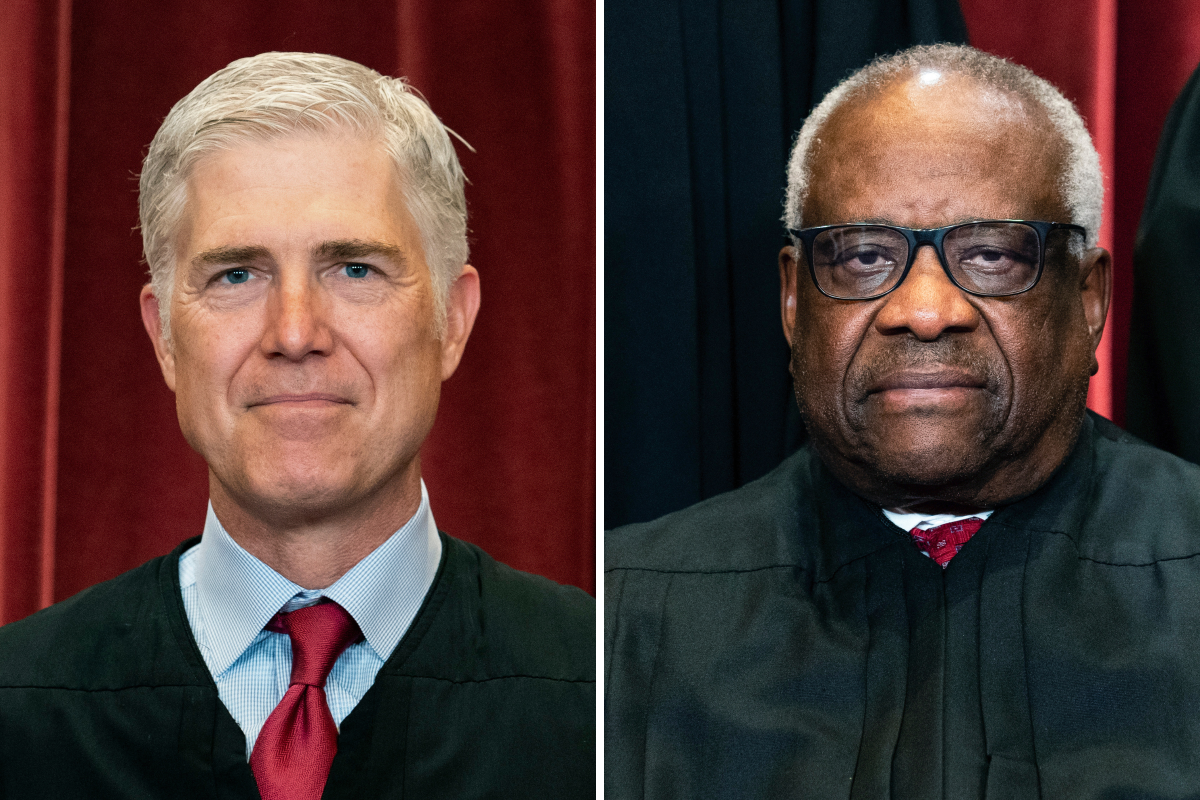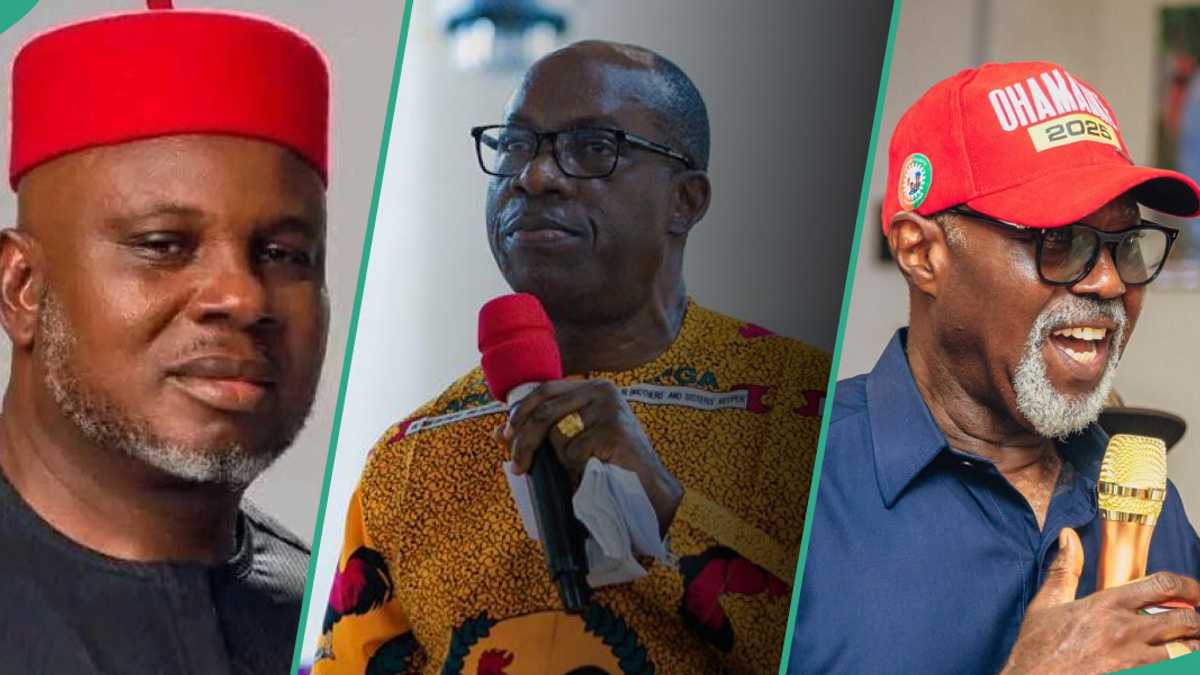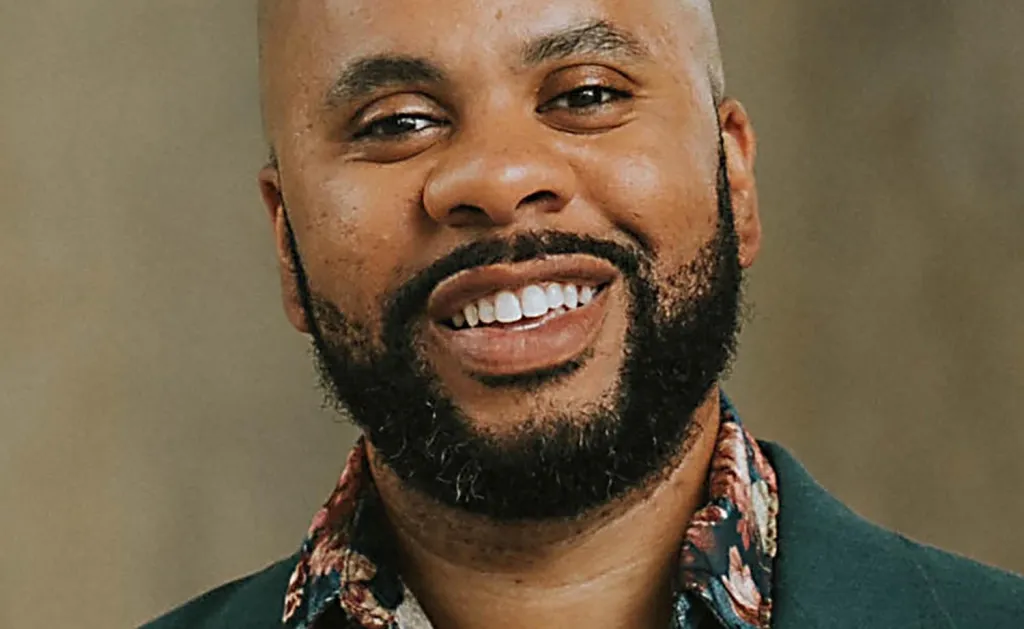Copyright Newsweek

Supreme Court Justice Neil Gorsuch, in a dissenting opinion joined by Justice Clarence Thomas, said the Court should “correct” an 1886 decision giving the federal government power over internal affairs in Native American tribes. The Supreme Court declined to hear Quentin Veneno, Jr. v. United States in an order released on Monday. Veneno, a member of the Jicarilla Apache Nation, was convicted of domestic assault on another member of the tribe. Veneno’s attorney argued that the federal government’s power over Native American affairs “does not extend to criminalizing the intratribal conduct of Indians on Indian land” and called on the Court to overturn United States v. Kagama. Why It Matters The decision in United States v. Kagama came after a man named Kagama, who also utilized the alias Pactah Billy, was indicted for the murder of another Native American on a reservation. The ruling upheld the Major Crimes Act of 1885, which placed certain crimes committed by Native Americans on Native territory under federal jurisdiction. What To Know Gorsuch said the decision made in Kagama established the theory that the federal government has “plenary power” over the internal affairs of Native American tribes. “It is a theory that should make this Court blush,” Gorsuch wrote. “Not only does that notion lack any foundation in the Constitution; its roots lie instead only in archaic prejudices. This Court is responsible for Kagama, and this Court holds the power to correct it. We should not shirk from the task.” Gorsuch said the Court “must confront decisions, like Kagama, that cannot be explained by the Constitution, but only by the atmosphere of their times.” “If this Court were to overturn Kagama, Tribes could exercise their sovereign powers to address ‘major’ crimes among Indians, something this Court has no business assuming they are too 'inferior' or 'weak' to do without supervision from a 'superior' people,” Gorsuch wrote. What People Are Saying Supreme Court Justice Neil Gorsuch, in a dissent joined by Justice Clarence Thomas released on Monday: “I regret that the Court declines to take up that challenge today. But whether the day of reckoning for the plenary power theory comes sooner or later, it must come.” Solicitor General Elizabeth B. Prelogar, Principal Deputy Assistant Attorney General Nicole M. Argentieri and Attorney Katherine Twomey Allen, in a brief for the United States filed in November 2024: “In challenging this Court’s 136-year history of recognizing congressional authority in this area, petitioner would in fact have this Court overturn not merely Kagama but ‘a long line of precedents’ recognizing Congress’s broad authority over Indians in Indian country.” What Happens Next The denial by the Supreme Court means that the lower court’s ruling will stand. The Tenth Circuit Court of Appeals rejected Veneno’s argument that his convictions are “invalid” because the federal government lacks the authority to criminalize the intratribal conduct.



